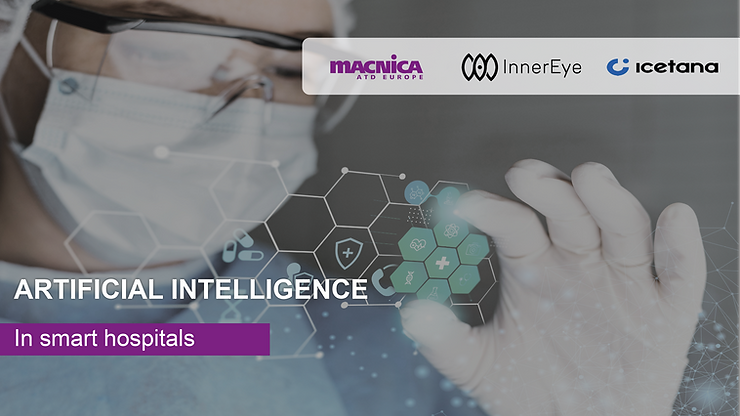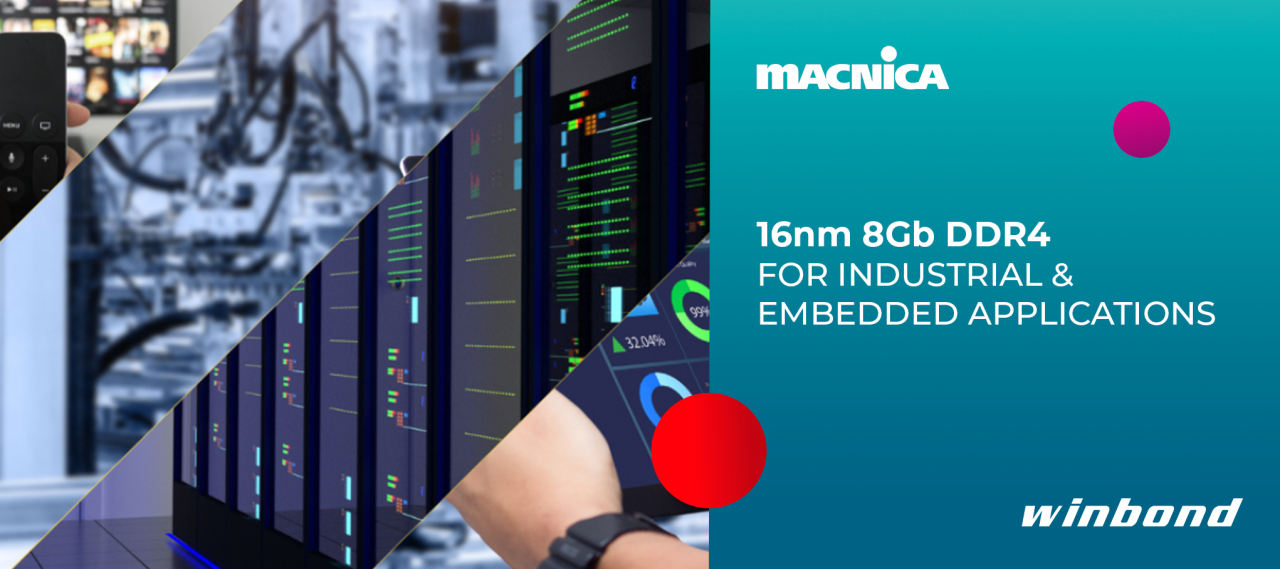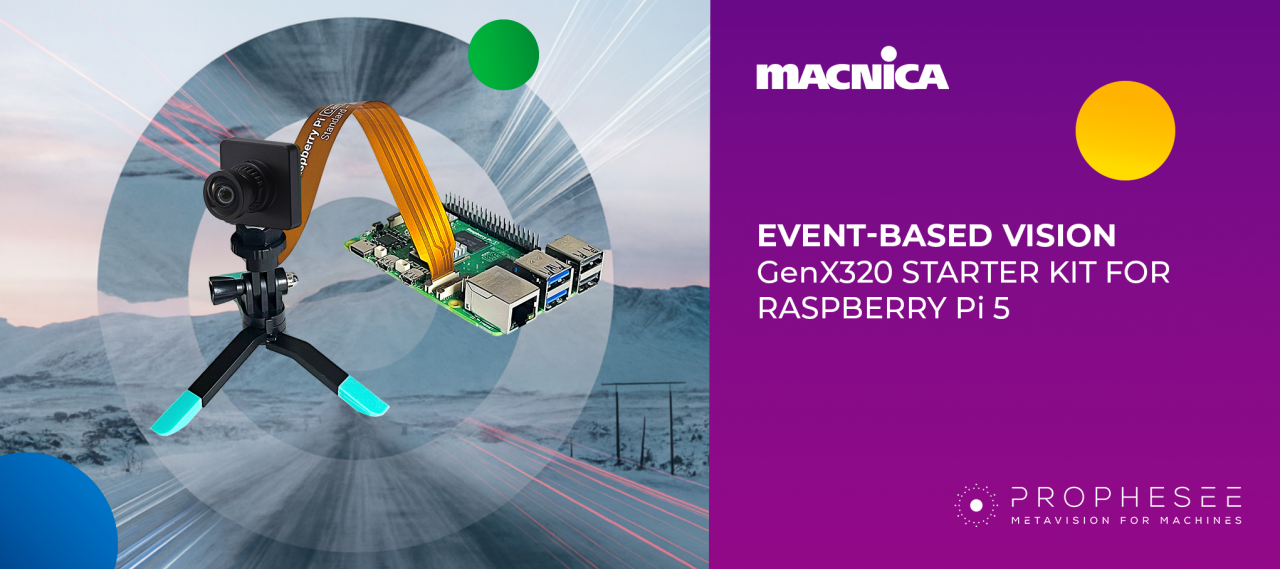Artificial Intelligence present in smart hospitals
Technology can be present in the most varied sectors of a hospital. One of the main characteristics of smart hospitals is to use artificial intelligence (AI) to improve the efficiency of various services, such as:
- optimize processes;
- increase security
- monitoring patients
- improving the reports of imaging exams.
In addition, artificial intelligence can go beyond this and also assist in the construction of hospitals.
Technology can provide resource optimization and generate insights. With this, it is possible to analyze a large amount of information in a single place.
Building Intelligent Hospitals
Smart hospitals can rely on video surveillance systems to ensure the safety of the site and workers. These systems are able to identify risky situations, such as the incorrect use of PPE.
By integrating AI software with the existing security system, in less than 24 hours a much more efficient system will be up and running. From then on, it will issue alerts in real time, whenever an abnormal situation occurs. All this is possible through the AI solution that Macnica ATD Europe brings to the European market.
Artificial Intelligence for image exam reports
Besides the use in the construction and security of intelligent hospitals, artificial intelligence can also collaborate with imaging exams. AI technology can accelerate the diagnostic process, as highlighted by NewsLab Magazine.
However, it is worth remembering: this technology does not replace medical evaluation. Artificial intelligence only helps in the precise indication of a correct diagnosis from the first moment. These diagnostic successes have been proven: an AI solution applied to imaging examinations can achieve hit rates above 90%.
However, the hit rate of the AI network depends on the size of the database. Furthermore, the type of data used to train the network also influences the result. A large amount of data and a heterogeneous database are capable of raising the hit rates of artificial intelligence.
Obtaining this kind of database is still a difficult process for medical experts. For this reason, artificial intelligence is still little explored in medicine applied to imaging exams.
This reality can change by using BrainTech technology in the AI network training process. By reading EEG (electroencephalogram) signals, captured directly from the specialist's brain, it is possible to speed up the data labeling process.
Our brains take less than a second to decide whether an image shows a certain disease or not. This speeds up the process and motivates experts in their fields to contribute to the evolution of artificial intelligence networks.
With so many technologies and the constant evolution of artificial intelligence, smart medicine and smart hospitals are expected to evolve a lot. This will provide more agility, security, and trust to everyone who works in and uses hospitals.
Want to know how you can take advantage of these benefits in your hospital? Contact us at marketing.mae@macnica.com.







